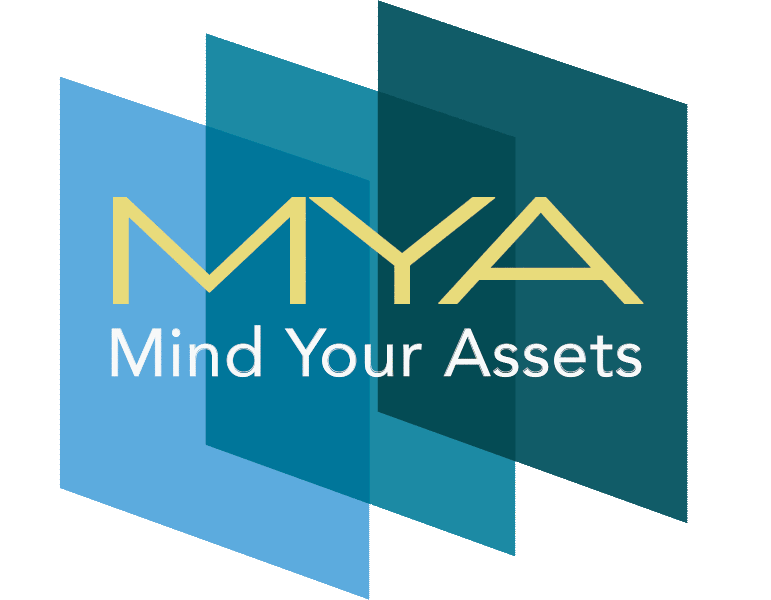Q: What tasks do bookkeepers typically handle for small businesses?
A: Bookkeepers are responsible for various transactional and administrative tasks essential for managing a small business’s financial affairs. These tasks include recording financial transactions, creating invoices, managing accounts receivable and accounts payable, reconciling bank and credit accounts, administering payroll, and generating financial statements such as Profit and Loss, Income Statement, and Cash Flow statements.
Q: What services do accountants offer to small businesses?
A: Accountants provide higher-level processing of financial information aimed at enhancing a small business’s financial health. They offer services such as strategic tax planning, financial forecasting, and tax filing assistance. Additionally, accountants may provide insights into financial performance, help interpret financial data, and offer advice on financial decisions that can impact the business’s growth and profitability.
Q: How can collaborating with both accountants and bookkeepers benefit my small business?
A: Collaborating with both accountants and bookkeepers can optimize your small business’s financial management. While bookkeepers handle day-to-day financial tasks and maintain accurate records, accountants offer strategic guidance, tax planning expertise, and financial forecasting to help you make informed decisions that contribute to your business’s success. Together, they provide a comprehensive approach to managing your finances, ensuring compliance, maximizing savings, and driving growth.
Q: How do I know if Mind Your Assets is the right fit for my business needs?
A: The best way to determine if we are the right fit for your needs is to schedule a complimentary consultation. During this meeting, you can discuss the challenges you face in running your business, and we can demonstrate how our services can streamline your financial processes, allowing you to focus on your core business activities.
Q: How long should I keep my tax records?
A: The general rule is to keep tax records for at least three years; however, there are exceptions and nuances that may affect this decision. It’s essential to research or consult with a tax professional before disposing of old tax returns. The IRS provides guidance on record-keeping requirements, which you can find in this excerpt from their website: IRS Record-Keeping Guidelines.
Q: Why should I work with a QuickBooks ProAdvisor?
A: QuickBooks ProAdvisors are certified experts with the knowledge and skills to set up, manage, and optimize your QuickBooks software effectively. They help track revenue, expenses, and cash flow efficiently, ensuring you get the most out of your accounting software.
Q: How can a QuickBooks ProAdvisor save me money?
A: ProAdvisors ensure your QuickBooks software is set up correctly, preventing errors that could lead to inaccurate financial information and costly mistakes. Additionally, they provide access to exclusive discounts on add-ons and features, helping you invest wisely in tools that enhance your business’s efficiency and productivity.


